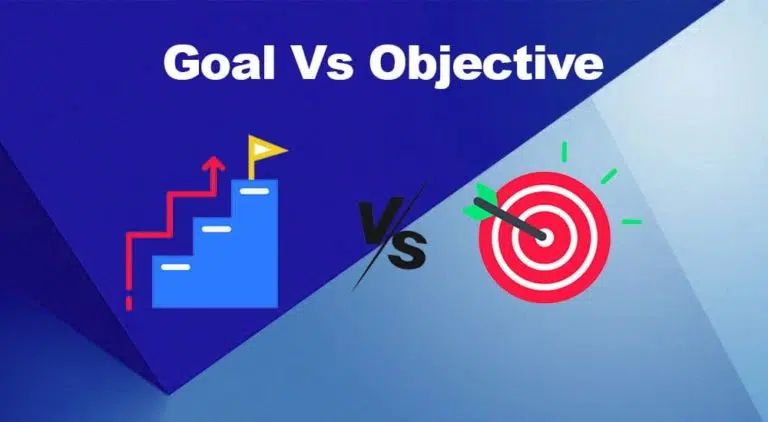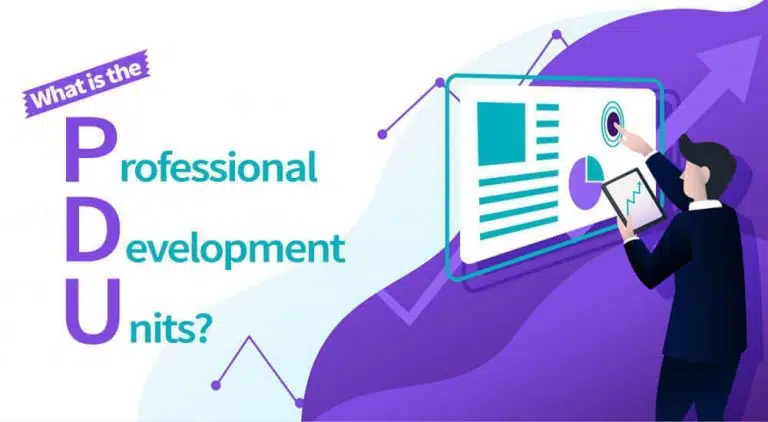Large organizations have many clients, and they need a special, skilled client manager to deal with the important ones who provide them with repeat business.
In today’s blog post, we will discuss client management, its usefulness, and which client-management skills you need to become a client manager.
Let’s get started.
What is Client Management?
Client management helps organizations manage their client efficiently. It includes interactions and communications with existing and potential clients. Client management helps build a robust relationship with existing clients and convince leads to become customers.
A client manager ensures repeat buying from existing customers and bringing new customers simultaneously. All clients are unique, and high-cost products, services, or contracts require personalized treatment, and client management helps just do that.
According to this report, repeat customers tend to spend, on average, 67% more than new customers.
Organizations are adopting client management practices to build a long-lasting relationship with the client to benefit all parties.
What Are Top Client Management Skills?
The following are the key skills that a client manager should possess for effective client management:
Communication
Communication is a key skill in managing clients. The communication can include formal, informal, written, verbal, and tone. Communication skills ensure the message is correctly transmitted and understood.
It also ensures that the right information is provided at the right time and in the right format. Strong communication skills ensure the client is bound to the organization and transacts with it repeatedly.
Relationship Building
Client-relationship management is the key to successful client management. Building strong relationships with clients establishes trust, develops confidence, and opens communication channels. It helps the client manager understand the client’s needs and provide proactive solutions. Positive client relationships lead to smoother problem resolution and encourage collaboration during conflicts.
Long-term connections help provide customers with an exceptional customer experience that enhances loyalty, increases satisfaction, and helps retain clients. Effective relationship building is foundational for successful client management.
Problem-Solving
Problem-solving skills in client management help resolve issues smoothly and build trust with the client.
Problem-solving skills help identify and address challenges, thus ensuring smooth communication and collaboration. Proactive problem-solving builds stronger client relationships and enhances service quality. This proficiency allows client managers to adapt to client needs and maintain a positive client experience.
Negotiation
Negotiation skills in client management help find mutually beneficial solutions and align expectations. These skills improve communication, allowing for the effective resolution of conflicts and compromises. Strong negotiation abilities help build trust and long-term partnerships with clients.
Skillful negotiation balances client demands and business objectives, building robust collaborations.
Time Management
Time management skills in client management ensure the meeting of deadlines and deliverables. It prioritizes tasks to timely responses to client needs and enhances satisfaction. Effective time management is a proactive approach that helps quick problem resolutions.
Streamlining processes with well-managed time ensures a smooth and productive client relationship.
Adaptability
Adaptability helps effectively navigate client demands and industry trends to fulfill client goals. Adaptability allows quick adjustments to evolving situations, thus ensuring a responsive, client-focused approach. It provides flexibility to overcome challenges, enhance service quality, and ensure client satisfaction.
Client managers with strong adaptability can tailor their strategies to meet diverse client needs and build lasting, dynamic relationships.
Product and/or Service Knowledge
Product and/or service knowledge empowers client managers with best practices to offer informed, tailored customer-service solutions. A deep understanding of products and/or services supports effective communication and precisely addresses client needs. This knowledge enhances problem-solving and provides proactive responses to client’s concerns.
In-depth product and/or service knowledge builds confidence, contributing to successful client relationships and business growth.
Emotional Intelligence
Emotional intelligence skills in client management help managers empathize with clients, understanding and addressing their emotional needs. This enhances communication, builds rapport, and creates stronger and collaborative relationships. Managing emotions effectively allows smooth conflict resolution, ensuring positive client experiences.
Client managers with high emotional intelligence skills can adapt their approach and create a more personalized and client-centric interaction.
Cross-Functional Collaboration
Cross-functional collaboration skills facilitate seamless coordination among diverse teams to ensure an all-inclusive approach to client needs. Collaborative efforts improve the problem-solving process. Effective teamwork breaks down silos, promoting a unified client-focused strategy and optimizing service delivery.
A cross-functional approach enables a streamlined and integrated client management process, boosting client satisfaction and increasing loyalty.
Patience
Patience allows client managers to handle challenging situations calmly. It enables client managers to listen attentively to client concerns, thus promoting understanding and empathy. Patient response to client queries or issues builds trust and conveys a commitment to thorough problem-solving.
Patience is a client-centric approach that helps strengthen relationships and enhance customer satisfaction.
Honesty
Honesty establishes trust, transparency, and credibility, forming the foundation of a strong business relationship. Transparent communication about products, services, and expectations fosters long-term client loyalty. Admitting mistakes and providing straightforward information builds a reputation for integrity, contributing to client satisfaction.
Honesty creates an environment of openness, enhancing the effectiveness of client interactions.
Confidence
Confidence fills trust and reassurance, projecting competence and expertise. Confident communication inspires client faith in suggested solutions, contributing to effective decision-making. A confident behavior builds a positive perception, enhancing client experience and satisfaction.
Confident communication not only enhances the perceived credibility of the client manager but also contributes to effective negotiation outcomes.
Why Are Client Management Skills Important?
Client-management skills are important for the following reasons:
1. They Provide Clients with Premium Support
Customer relationship management is a part of client management that ensures the client receives premium support, which enhances client satisfaction and loyalty. Priority service ensures swift attention to high-value clients, building trust and showing importance.
Customized solutions cater to unique client requirements, amplifying satisfaction and perceived value. The availability of 24/7 support ensures accessibility, which is crucial for businesses with diverse global clients. Efficient problem resolution not only satisfies immediate needs but improves customer service experience.
Reduced client churn is a key benefit of premium support. Positive experiences help increase brand recognition and attract premium clients. The increased lifetime value of clients solidifies long-term profitability, making premium client support a cornerstone in effective client management.
2. They Build Long-Term Client Relationships
Building a long-lasting client relationship is an essential, effective client-management skill. Good client relationships build trust, loyalty, and understanding. This familiarity allows the client manager to anticipate and proactively address client concerns. Effective communication over time helps align products and/or services with evolving client expectations and ensures sustained relevance.
Long-term relationships lead to repeat business and positive referrals. In the long run, these relationships contribute to a positive brand image and increased client lifetime value, making them a cornerstone of successful client management strategies.
3. They Increase Sales
Through personalized interactions, businesses can understand client needs, preferences, and pain points, thus enabling them to tailor products and/or services accordingly. Satisfied clients are more likely to make repeat purchases, and this increases sales and customer loyalty.
Effective client management involves proactive communication to inform customers about new offerings or promotions, leading to additional sales opportunities. Businesses build trust and credibility by addressing client concerns promptly, which positively influences purchase decisions.
Client management includes upselling or cross-selling strategies to maximize the value of client relationships. Word-of-mouth recommendations from satisfied clients further enhance the business’s reputation, attracting new customers and driving additional sales. Client management is integral to creating a positive sales environment, nurturing customer relationships, and boosting revenue.
Summary
Client management skills are vital for a client manager to manage their relationships with existing and new clients. Effective client management allows organizations to bond with clients, who will then make repeat purchases with the business, thus increasing the organization’s sales and building its brand.

I am Mohammad Fahad Usmani, B.E. PMP, PMI-RMP. I have been blogging on project management topics since 2011. To date, thousands of professionals have passed the PMP exam using my resources.







